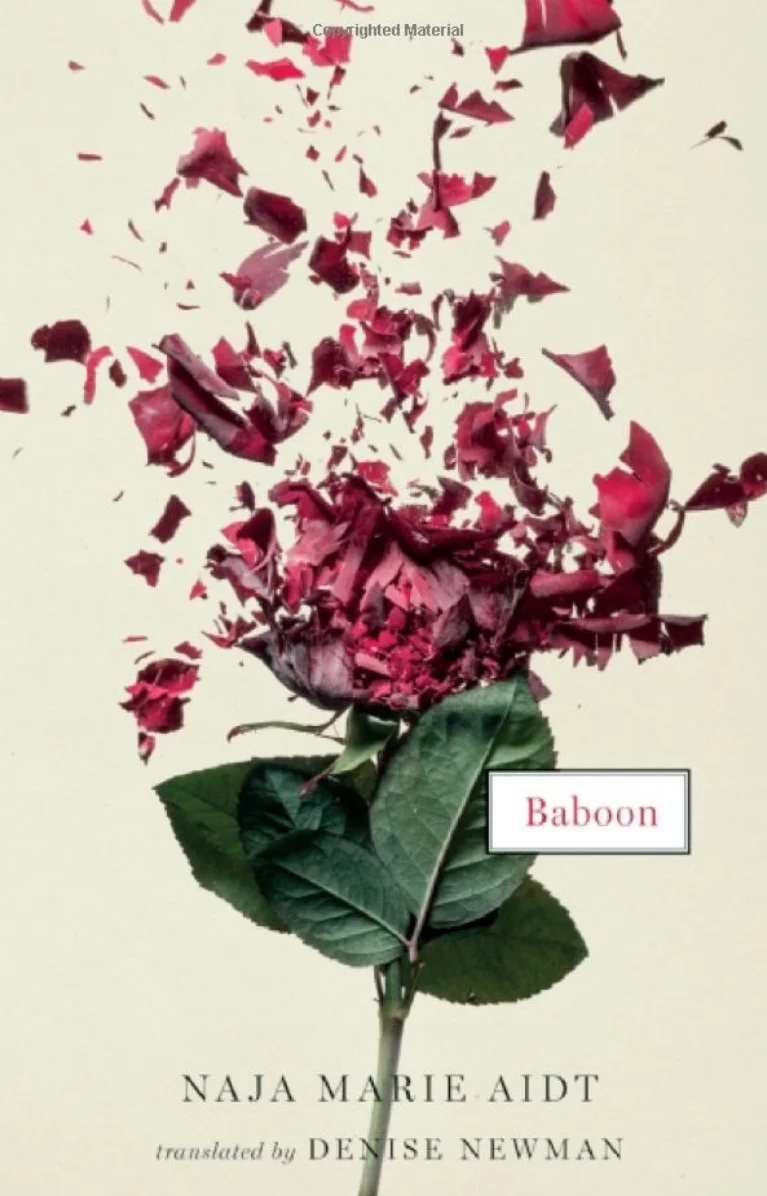Lithuania: Those Whom I Would Like To Meet Again (Giedra Radvilavičiūtė, trans. Elizabeth Novickas)
Giedra Radvilavičiūtė (b. 1960) is a writer from the town Panevėžys in northern Lithuania. She studied Lithuanian language and literature at Vilnius University before working as a journalist. From 1994-1998 she lived in Chicago. Her short story collection Šiąnakt aš miegosiu prie sienos (Tonight I Shall Sleep by the Wall) won the EU Prize for Literature.
Background: From the 9th-11th centuries, the Lithuanian lands were raided by Vikings on one side, as the Danish kings attempted to subject them on the other. From the mid-12th century, the Lithuanians started to invade south and east, creating the Grand Duchy of Lithuania, united under King Mindaugas in 1253. After his assassination, Christian crusades continued to bombard the still-pagan Lithuanian tribes. By the mid 14th century, Grand Duke Algirdas led the Lithuanians to conquer lands that included present-day Belarus, Ukraine, and parts of Poland and Russia. In 1429, the area consolidated itself into a monarchy, although fighting continued between the army of Poland-Lithuania and the Muscovites. By 1569, the Polish-Lithuanian Commonwealth was established, with the Kings of Poland and Grand Dukes of Lithuania elected by nobility. During the 17th century, the Commonwealth managed to beat back invasions by Sweden, the Tsardom of Russia, and the Ottoman Empire, and do some expansion, but the common people were still frustrated by the political situation. During this bloody century, Lithuania also suffered a plague and famine in addition to the wars, which caused the loss of about 40% of the population. Numerous problems eventually resulted in the partition of the region and the largest area of Lithuania became part of the Russian Empire, which aggressively quashed Lithuanian culture and language. During World War I, Germany occupied Lithuania, pushing away the Russians, but still harshly repressing Lithuania culture. In 1917, the Council of Lithuania took the opportunity to establish independent Lithuania as a democratic state and in 1918 the first Constitution was written. During World War II, Germany forced cooperation, and the Soviets also began to move in, again suppressing government, culture, and language. This continued for a few decades despite rebellion, protest, and even a public self-immolation. As the Soviet Union began to collapse, a massive demonstration, the Baltic Way, was organized in 1989, with Lithuania, Latvia, and Estonia all demonstrating a desire for independence. In 1990, Lithuania seceded from the USSR, and although it is was a totally peaceful transition, by 1991 Lithuania had joined the UN.
Those Whom I Would Like To Meet Again is a lovely set of ten interconnecting stories, semi-autobiographical (well...unclear) relating aspects of the narrators life (who shares much with Giedra). Genres mix and mingle, as fiction, autobiography, and essay intertwine. She writes about life situations, but also about what it means to be a writer, the internal and external experience, as well just little things she notices. I really enjoyed most of the stories, especially "Autumnal People," a slightly sarcastic comparison between different types of people. Some of them didn't really do much for me, but overall Radvilavičiūtė has a unique and occasionally beautiful writing style that is idiosyncratic as it engaging. I was particularly interested to read a book from here as my family immigrated from Lithuania before the entire Jewish community was decimated during World War II. Worth checking out!






